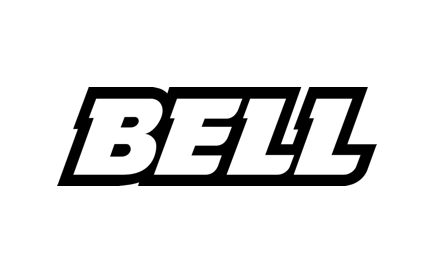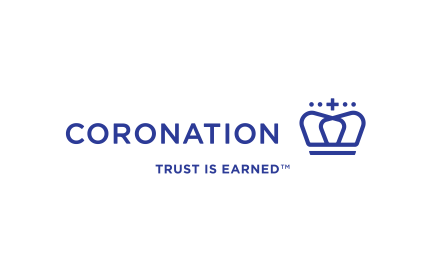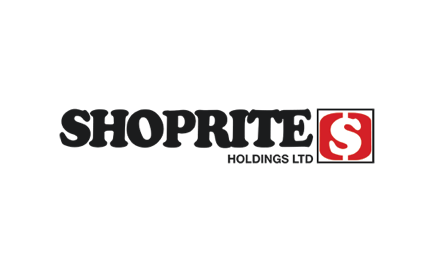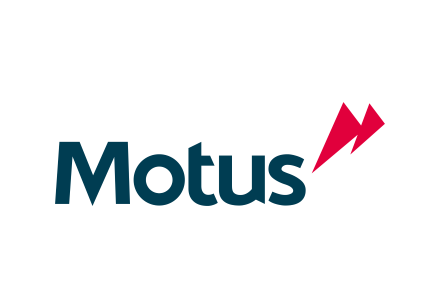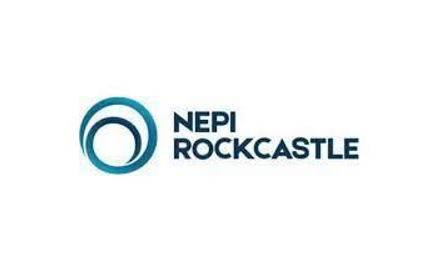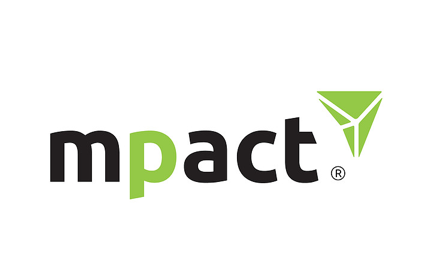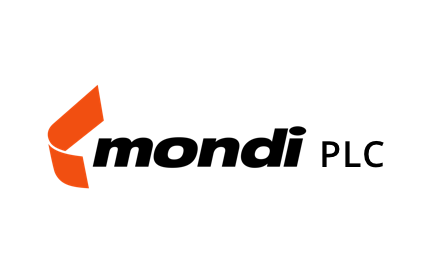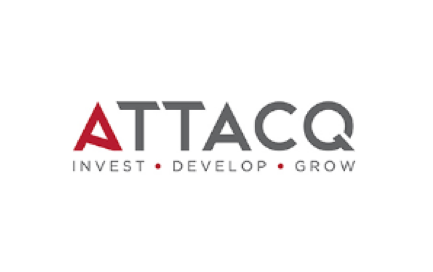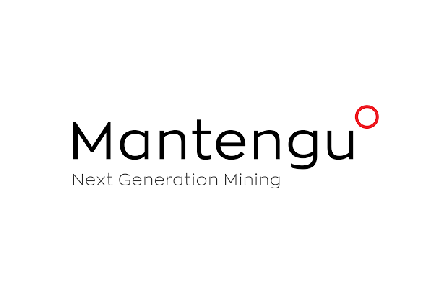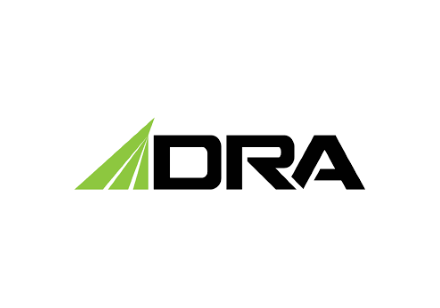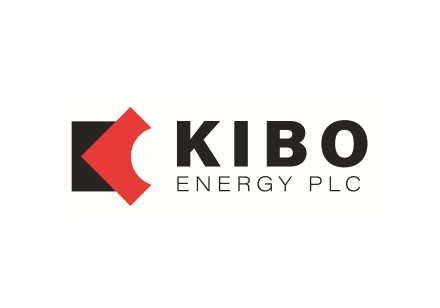A weak second half for Bell Equipment (JSE: BEL)
Will shareholders regret not accepting the take-private offer?
Bell Equipment has released a trading statement for the year ending December 2024. Yes, they are way ahead of time here, which tells you how bad it is. Even with a couple of months to go in this period, they are confident that earnings will be at least 25% lower than the previous year.
The scariest thing is that they didn’t take the “at least 20%” disclosure route that the JSE allows. They went with 25% instead. My suspicion is that the percentage drop for the full-year numbers is going to be frightening, especially since interim HEPS was down just 6.5%.
The second half of the year has clearly been a nightmare, with weaker conditions in the markets that Bell is active in. The share price reacted sharply to this news, down 7% within 30 minutes of it coming out. It eventually closed 4.5% lower.
Coronation uses an old school B-BBEE structure (JSE: CML)
I’m surprised at how little creativity went into this
If you’ve ever wondered how B-BBEE deals were structured in the early days of the legislation, then Coronation has turned back the clock with a notionally funded structure related to the listed shares. It has a defined end date, much like MTN Zakhele Futhi which is now being restructured because the share price is in serious trouble at the time of the deal being unwound. Referencing listed shares in a B-BBEE deal is a risky thing.
At the very least, Coronation could’ve done something at subsidiary level referencing the value of unlisted shares, leaving themselves more flexible at group level. Refer to MultiChoice’s Phuthuma Nathi to see how well a deal like this can actually be structured.
The goal here is to move from 31% Black Ownership to 51% Black Ownership through a combination of an Employee Share Ownership Plan (ESOP) and broad-based ownership scheme (BBOS). The deal will be funded by a notional funding arrangement for 10 years, priced at 85% of prime. Coronation is a cash generative business, so there’s a decent chance of the debt actually being serviced by dividends over that period, at least to a large extent.
The business case is that an improved B-BBEE rating could help them win more asset management mandates, thereby improving dividends over the long term and the deal effectively paying for itself. Sounds great on paper but isn’t so easy in real life.
A “trickle dividend” allowance is used for some of the dividends to go through to the participants rather than servicing the debt. If there’s any meaningful value transfer though, it will be 10 years from now when the shares are sold to settle the notional debt. If that sounds to you like a poor way to incentivise employees, then you’re on the right track in my view. All this does is create expectations of wealth creation that inevitably lead to near-term disappointment. I spent a lot of time in a previous life helping companies restructure deals that didn’t work or didn’t create the desired outcome and Coronation seems to have ignored all the learnings in the market of the past two decades of deals.
As for the BBOS, the beneficiaries have been described broadly. It will be structured as a Public Benefit Organisation (PBO). In my view, they would’ve had far more impact here if they had used this as an opportunity to create a foundation dedicated to developing more Black asset managers in South Africa. They can technically still do that based on how broad the trust deed is, but why not be specific and take the win for the brand?
The IFRS 2 expense related to the deal is R270 million to R330 million. This is a non-cash charge that will hit the income statement. The dilutionary effect on dividends per share is around 1% excluding transaction costs.
At least they used notional funding rather than a bank loan guaranteed by the group. That’s about the only “innovation” that I can really see in this structure.
Zeder flags a worrying outlook (JSE: ZED)
At least they’ve had a busy year of asset disposals though
Zeder Investments operates in the agriculture sector. Over time, they’ve been selling down assets and returning capital to shareholders in an effort to reduce the substantial traded discount to net asset value (NAV) per share. This is nothing unusual among investment groups on the JSE.
For the six months to August 2024, the NAV fell by 17.9% to R2.15. The drop was R0.47 per share, of which R0.40 was due to a special dividend paid to shareholders. In other words, the true performance is a modest decrease in the NAV per share, driven by the valuation of unlisted investments.
In terms of deals, the disposals of the TWK and Applethwaite farming production units, as well as the Novo fruit packhouse operation, are still underway. Competition Commission approval has been obtained for all three disposals, but other conditions are still outstanding. Zeder subsidiary Capespan Agri has also agreed to sell Misty Cliffs (a primary farming production unit) for R45 million, taking the total value of disposals to R713 million. The amount attributable to Zeder is R621 million.
Once the deals close, Zeder intends to pay special dividends to shareholders in line with the recent strategic approach of returning capital to investors.
They are still looking to disposal of the assets in the Zaad portfolio. It doesn’t help that confidence levels in the South African agriculture industry are currently below neutral levels, despite an uptick after the GNU was formed. Aside from the obvious sources of irritation like poor road infrastructure and worsening municipal service delivery, the weather hasn’t played ball recently with droughts.
For context, Zaad is carried on the balance sheet at over R2.2 billion, so there is still a long way to go in Zeder unlocking all the value for shareholders.
Nibbles:
- Director dealings:
- Dr Christo Wiese has continued with the shuffling of chairs within his group, with a scrip lending transaction in Shoprite (JSE: SHP) shares to the value of R1.1 billion.
- An associate of a prescribed officer of Discovery (JSE: DSY) sold shares worth R12.9 million.
- A director of Motus (JSE: MTH) sold shares on the market worth R3.3 million.
- Unsurprisingly, a large number of NEPI Rockcastle (JSE: NRP) directors have elected the scrip dividend alternative.
- I don’t usually focus on director sales to cover taxes on share awards, but there were several examples in one Cashbuild (JSE: CSB) announcement of company insiders selling only enough to pay their tax. The transaction sizes are also modest, so these don’t seem to be zillionaire directors who have endless other cash and don’t need to sell the shares. These are amounts that could’ve been spent on a new car or a family holiday overseas. Given where we are in the cycle and my long position based on Cashbuild looking interesting, I was pleased to see this.
- A prescribed officer of Mpact (JSE: MPT) sold shares worth R215k.
- Mondi (JSE: MNP) announced the results of its dividend reinvestment plan, with only modest support from the market. Holders of 1.05% of shares on the UK register and 3.37% on the South African register elected to participate.
- For property funds, access to capital is critical. The JSE has a deep pool of institutional debt investors, so it’s an important step that Attacq’s (JSE: ATT) Domestic Medium Term Note Programme Memorandum has been approved by the JSE. In case you want to flick through the terms of such a thing, you’ll find them here (all 103 pages of them).
- Mantengu Mining (JSE: MTU) has managed to convert creditors of subsidiary Langpan Mining into shareholders by settling R23.4 million worth of debt through the issuance of listed shares. The issue price is R0.84 per share, a discount of just 3% to the 30-day VWAP. That’s a pretty big show of faith from those creditors, although I’m guessing they have some concerns about the recoverability of their debt and this was part of the decision.
- A major shareholder in DRA Global (JSE: DRA) (Gency Support Limited) clearly wanted to reduce exposure before the potential delisting, with its ownership percentage falling from 12.25% to 8.79%.
- Kibo Energy (JSE: KBO) achieved nearly unanimous approval to sell Kibo Mining to Aria Capital, turning the company into a cash shell and preparing it for the reverse listing of a much more interesting portfolio of assets.



